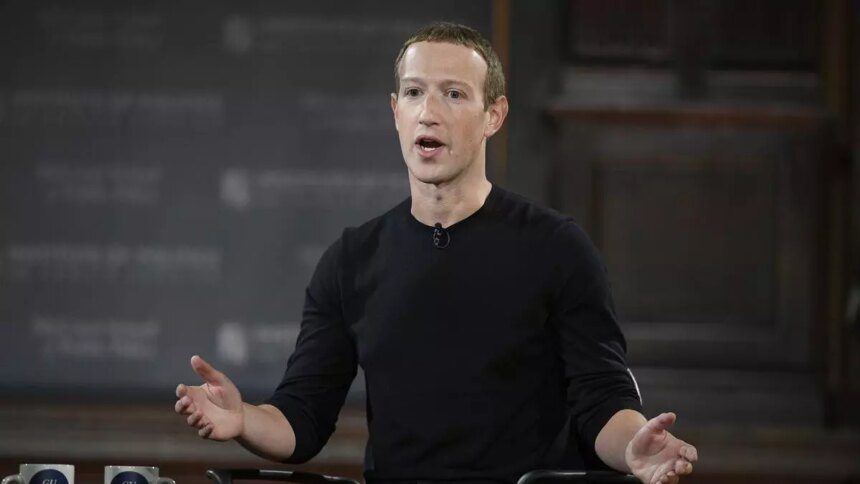The Indian government responded on Monday to Mark Zuckerberg’s assertion regarding the 2024 Lok Sabha elections, labeling his statement as “factually incorrect.” This clarification followed Zuckerberg’s remarks made during an interview with notable podcaster Joe Rogan, where he inaccurately stated that most incumbent governments, including India’s, lost their elections in 2024.
Ashwini Vaishnaw, the Minister for Railways, Information and Broadcasting, and Electronics and Information Technology, expressed disappointment over Zuckerberg’s misinformation. In a post on social media platform X, he stated, “Zuckerberg’s claim about most incumbent governments losing in 2024, including India’s, is factually incorrect. It’s unfortunate to see such misinformation from Mr. Zuckerberg himself. We must uphold the truth and credibility.”
Vaishnaw emphasized that as the world’s largest democracy, India successfully held the 2024 elections with more than 640 million voters participating. He noted that the citizens of India reaffirmed their faith in the National Democratic Alliance (NDA) under Prime Minister Narendra Modi’s leadership.
He further elaborated, “From providing free food to 800 million people and administering 2.2 billion free vaccines, to extending aid to countries worldwide during the Covid pandemic and steering India as the fastest-growing major economy, PM Modi’s decisive victory for a third term is a testament to effective governance and public confidence.”
During the nearly three-hour dialogue on the Joe Rogan Experience podcast, Zuckerberg remarked, “I believe the response to Covid led to a breakdown of trust in many governments globally… 2024 was a significant election year for many countries, including India, where incumbents essentially lost in all cases.”
Zuckerberg’s statements elicited widespread criticism from various quarters.
In related news, Meta announced a shift in its fact-checking strategy last year, starting with the United States. The company revealed its decision to move away from collaborations with professional fact-checking organizations, opting instead for a Community Notes system similar to one introduced on X.
To combat the dissemination of misinformation and enhance the reliability of information, Meta stated it collaborates with independent third-party fact-checkers certified by the non-partisan International Fact-Checking Network (IFCN) to identify, evaluate, and rate viral misinformation across its platforms, including Facebook, Instagram, and WhatsApp.









